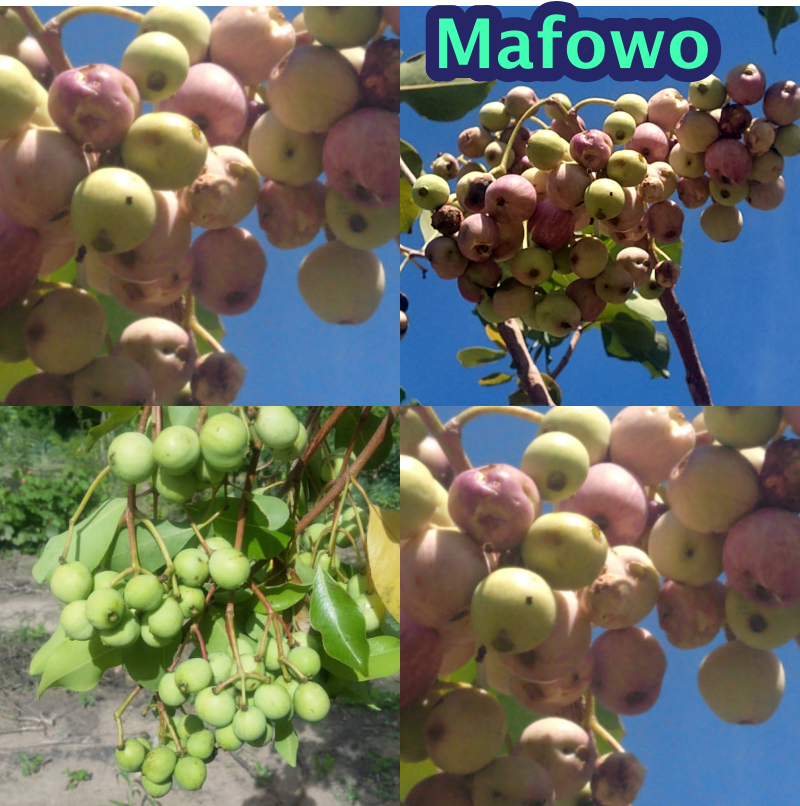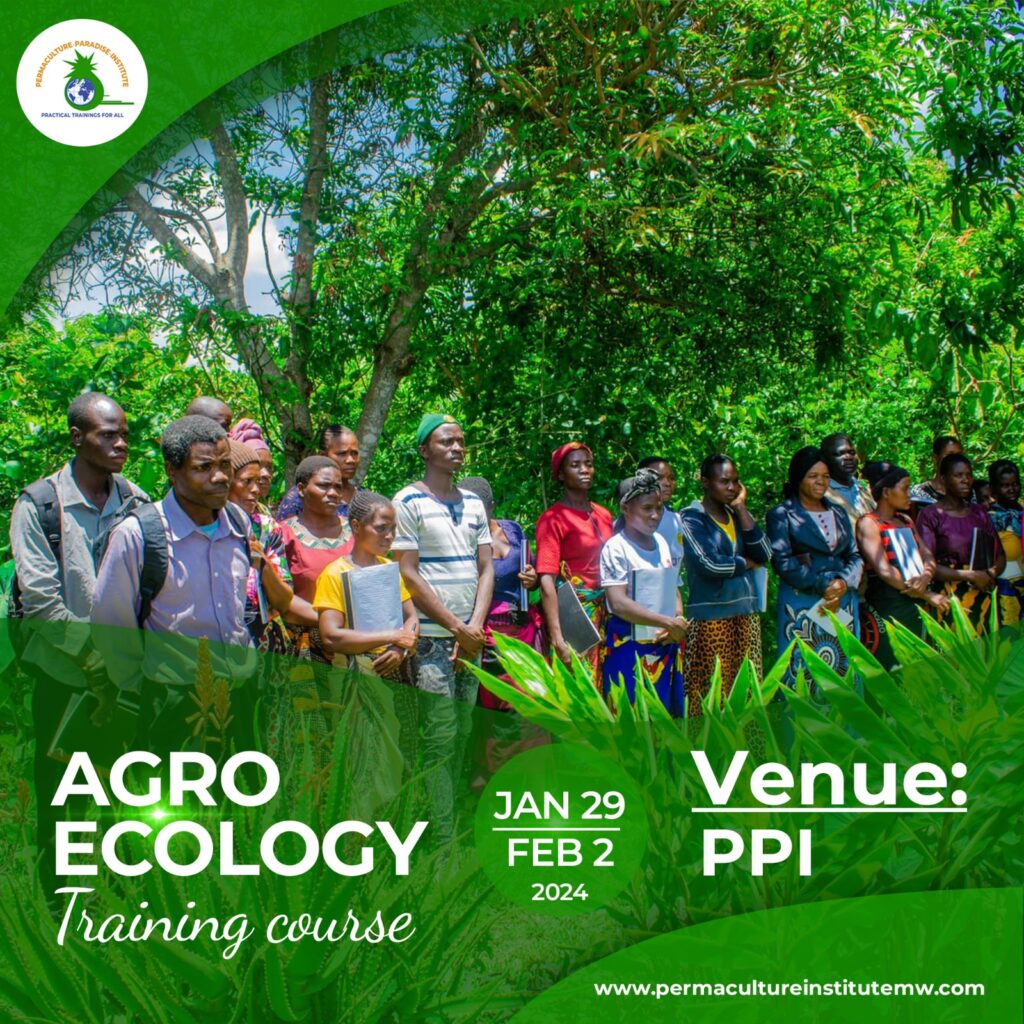I love it when projects create benefits on multiple levels. I’m especially inspired by this project because it delivers the following:
- It provides a workable and sustainable means to offset CO2 emissions.
- It enables the development of fruit forests without the need to plant a single tree.
- It promotes the benefits of permaculture as an accessible method of food production.
- It provides income to families and villages in one of the world’s poorest nations.
- It helps orphaned infants to be confidently placed back in villages from infant homes.
- It achieves all the above without “charity”.
Why a quarter-acre?
There is no precise science in this. But a quarter-acre is about the size of a plot of land that is often accessible to and able to be protected by one person or a family in Malawi and for which they could reasonably be remunerated at £25 a month, an affordable sum for many UK families and yet it is also approximately equivalent to the minimum wage in Malawi. This plot could also provide food for the family all year round.
A workable and sustainable means of offsetting CO2 emissions
According to the Urban Forestry Network:
On average, one acre of new forest can sequester about 2.5 tons of carbon annually. Young trees absorb CO2 at a rate of 13 pounds per tree each year. Trees reach their most productive stage of carbon storage at about 10 years at which point they are estimated to absorb 48 pounds of CO2 per year.
http://urbanforestrynetwork.org/benefits/air%20quality.htm
So, a quarter-acre Forest would reasonably sequester just over 0.6 tons of CO2 during each of its early years. Of course, this amount will grow at later stages of development of the forest. However, on the assumption that people invest in the scheme for the longer term, thinking in round figures of absorbing half-a-ton of carbon seems reasonable and conservative.
Putting this into a personal perspective, you may wish to read the following 2020 report in the Independent newspaper.
In the UK most of us have an annual carbon footprint of about ten tons and many of us are trying to get to zero well ahead of the government’s 2050 target. We may make significant progress by using public transport, using less energy, switching to renewables, consuming less meat etc but we can also offset our “balance” through carbon offsetting. I have contributed to UK bodies such as the Woodland Trust but I have also just started donating to this quarter acre forest project because of all the benefits listed above.
Check out your carbon footprint here: https://footprint.wwf.org.uk/#/questionnaire
Mine came out at 10.4 tonnes and could have easily had the subtext “must try harder”.
How to grow forests without planting trees?
I know, it sounds impossible. But, according to Luwayo Biswick, permaculture expert and founder of this project, fruit forests are the natural inhabitants of the Malawi countryside. “The forests were there for thousands of years before man cut them down for firewood and other crops. All we have to do is protect the land and the forests grow back.”
Promoting the benefits of permaculture as an accessible method of food production
Food forests are just one thread of a wider permaculture way of life. When local people realise the power of permaculture to provide food, one thing leads to another and, before long, food becomes available all year round to families that need it. “No-one needs to starve”.
Income to families and villages in one of the world’s poorest nations
Climate change is affecting us all. It makes absolute sense that those of us causing the problem should contribute to resolving it. Simply put, if we’re putting our waste C02 and other greenhouse gases in the atmosphere, someone needs to be paid to clean it up. The good thing is that it doesn’t matter (too much) where in the world this happens. This logic is no different from paying for the collection and disposal of domestic waste to be done by our local authority.
Helping orphaned infants to be confidently placed back in villages from infant homes
The Open Arms Infant Homes in Malawi is a fabulous charity with its UK office in my hometown of Harrogate. Its primary operation takes babies who have been orphaned (often due to HIV and tropical disease) into special homes in Malawi to be cared for. When the babies are old enough (usually after two years) they are returned, if possible, to their villages into extended families. But village poverty makes this a delicate operation. Open Arms believes that getting villages involved in forest protection and carbon offsetting could be a sustainable way of ensuring the wellbeing of infants and the families that care for them.
Achieving all the above without “charity”
Carbon offsetting is not a charity. It is a service that the world needs and that we need in order to secure our future. This is no more a charity than having our bins emptied. Paying people in countries like Malawi to do this for us is, in my view, a respectable and dignified business transaction that all parties can be proud of.
If you’d like to know more, please reach out to me.
We will be discussing this new and embryonic scheme at online workshop on Wednesday 17 June. For more information and to register for free, go to:



